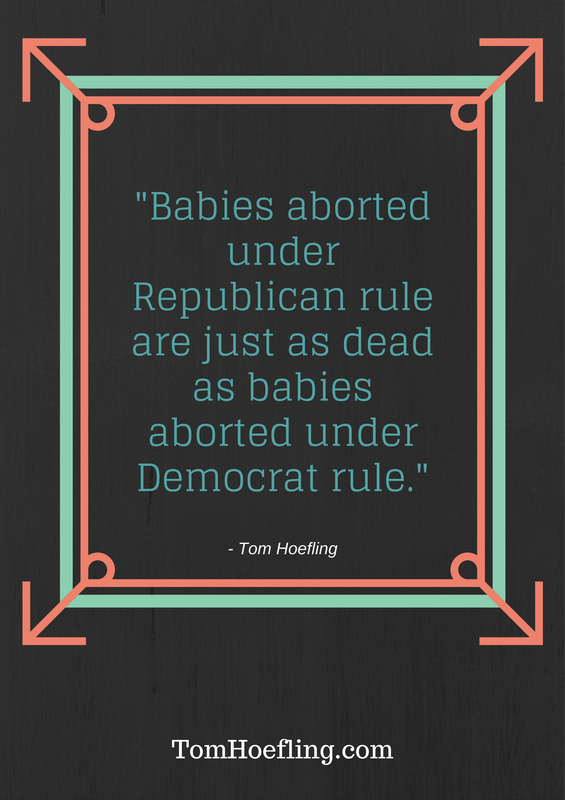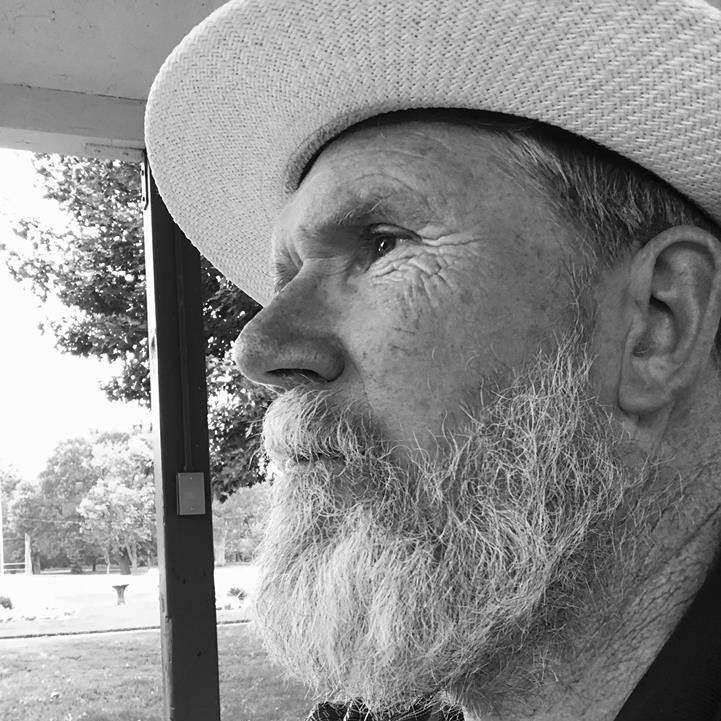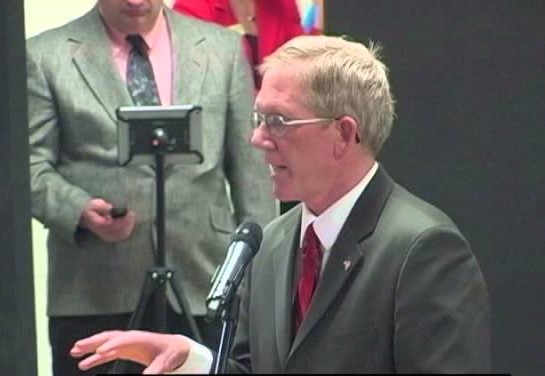The Kingdom of Jesus Christ is eternal, and it will eventually be made perfect, by God, in spite of us. This is more certain than the sun rising in the morning. We have His Word on it.
I say "in spite of us," for we are, all of us, while still in this fallen world, weak, and deeply-flawed, at best.
Human government - although instituted by God, for our protection and blessing - is temporary, and will never be perfect, despite our best efforts.
In the United States, though, thankfully, we had wise founders who were Christians and Bible-believers. They were not perfect, but they were wise. And so, in their revolutionary efforts to adopt decent human self-government in liberty, they adopted many scriptural models that, predictably, have proven over more than two centuries to be, in many ways, greatly effective at holding back evil and preserving peace, justice, and prosperity.
One of the most important models they followed has to do with the scriptural principles of the body of Christ. "E pluribus unum" was established as our national motto. "Out of many, one." Instead of having a king, the body of the people is considered to be the sovereign, under the Almighty, Sovereign God.
All are differently-gifted, but all people, all gifts, are nonetheless vitally important to the whole body politic.
This is why the first stated purpose of our Constitution is "to form a more perfect Union."
The framers well understood that perfect unity could not, in this world, be attained. But they also understood that unity, properly understood, is nonetheless a great good that should always be sought.
We should not be unnecessarily divisive. We should always desire unity, as long as it is unity around truth, and around moral principle.
But we should never unify around lies, or around injustice, or around moral wrong, or around some political cult of personality. Because we know that, in the end, those things can only serve to destroy the people of the United States.
Unity breeds power, for good or ill.
And we should never willfully empower evil.
Evil men in power will always preach unity, around themselves, for the aggrandizement of their own power.
Don't fall for it.
Jesus Christ is rightfully called the Prince of Peace. But He also said that He didn't come to bring peace, but a sword.
Until He comes again, and establishes His eternal Kingdom, evil will exist in this world. We must fight it - in ourselves, in our homes and families, in our communities, and in our states, and in our nation - with all of our strength, for the sake of our earthly posterity.
Even at the risk of being called "divisive."
But we shouldn't be divisive for any other reason. We should "seek peace and pursue it," both within the body of Christ, and within our country.
Our honorable First President:
"Interwoven as is the love of liberty with every ligament of your hearts, no recommendation of mine is necessary to fortify or confirm the attachment.
The unity of government which constitutes you one people is also now dear to you. It is justly so, for it is a main pillar in the edifice of your real independence, the support of your tranquility at home, your peace abroad; of your safety; of your prosperity; of that very liberty which you so highly prize. But as it is easy to foresee that, from different causes and from different quarters, much pains will be taken, many artifices employed to weaken in your minds the conviction of this truth; as this is the point in your political fortress against which the batteries of internal and external enemies will be most constantly and actively (though often covertly and insidiously) directed, it is of infinite moment that you should properly estimate the immense value of your national union to your collective and individual happiness; that you should cherish a cordial, habitual, and immovable attachment to it; accustoming yourselves to think and speak of it as of the palladium of your political safety and prosperity; watching for its preservation with jealous anxiety; discountenancing whatever may suggest even a suspicion that it can in any event be abandoned; and indignantly frowning upon the first dawning of every attempt to alienate any portion of our country from the rest, or to enfeeble the sacred ties which now link together the various parts.
For this you have every inducement of sympathy and interest. Citizens, by birth or choice, of a common country, that country has a right to concentrate your affections. The name of American, which belongs to you in your national capacity, must always exalt the just pride of patriotism more than any appellation derived from local discriminations. With slight shades of difference, you have the same religion, manners, habits, and political principles. You have in a common cause fought and triumphed together; the independence and liberty you possess are the work of joint counsels, and joint efforts of common dangers, sufferings, and successes.
But these considerations, however powerfully they address themselves to your sensibility, are greatly outweighed by those which apply more immediately to your interest. Here every portion of our country finds the most commanding motives for carefully guarding and preserving the union of the whole."
-- President George Washington, Farewell Address






 RSS Feed
RSS Feed
